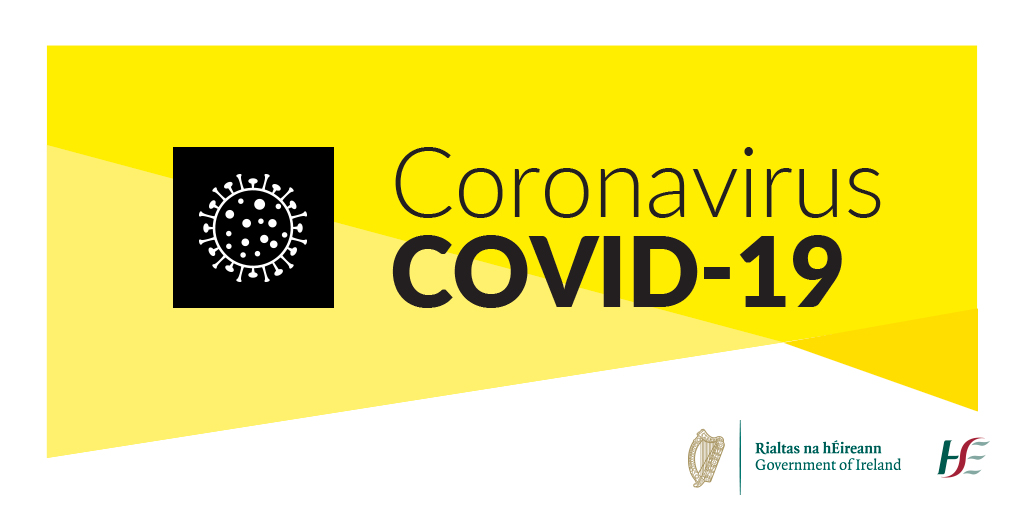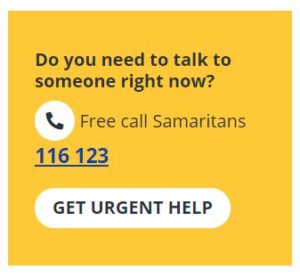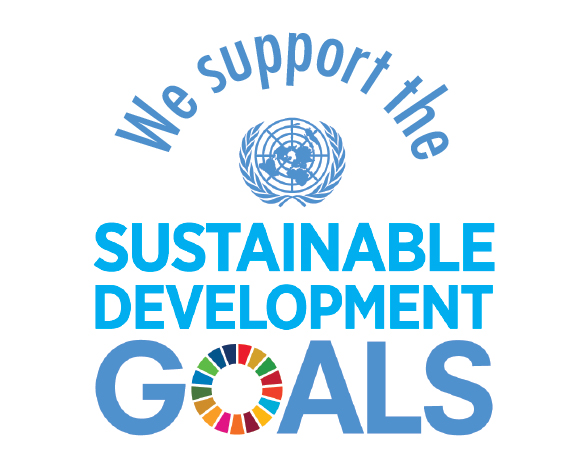
Resources available during COVID-19
Official Information Sources on COVID-19 (Shared by Covid-19 Health Communications Stakeholder Support):
- HSE (Health Service Executive) COVID-19 Updates available here.
- HPSC (Health Protection Surveillance Centre) – Guidance for healthcare professionals on COVID-19 available here.
- Government of Ireland (Gov.ie) COVID-19 – Latest Updates available here.
- National Action Plan on COVID-19 available here.
- Minister Ring launches COVID-19 Government Action Plan to support the community response.
——————————————————————————————
Community Partner Pack with Advice Posters and videos for your organisation:
- COVID19 Posters/Videos English & Irish, available here.
- COVID 19 Posters/Videos Translated: Chinese; French: Italian; Latvian; Lithuanian; Polish; Portuguese; Romanian; Spanish, available here.
Please display and share these with your teams and service users, and please replace any previous posters with the updated version.
If your organisation has any specific requests or urgent needs in relation to Coronavirus COVID-19 public health information materials email: [email protected]
——————————————————————————————-
Social Welfare Payments:
Dedicated phone line for Covid19 payment queries is now live, daily from 9am to 5pm: 01-2481398 / 1890-800-024.
Full details on the Covid-19 pandemic payment and details on how to apply at: http://gov.ie/pandemicsupport
Supports for businesses facing challenges as a result of COVID19 from: https://www.localenterprise.ie/Galway/
How to nominate a temporary agent to collect DEASP payments: An Post Temporary Agent Form
—————————————————————————————–

On Twitter follow:
- HSE – @HSELive
- HSE Health Protection Surveillance Centre (HPSC) – @hpscireland
- Department of Health – @roinnslainte
- Dr Tony Holohan – @CMOIreland
————————————————————————————–
Mental Health Resources and Advice:
- List of Mental Health Supports from HSE.ie: https://www2.hse.ie/services/mental-health/services-search/
- Minding your Mental Health: https://www2.hse.ie/wellbeing/mental-health/minding-your-mental-health-during-the-coronavirus-outbreak.html
- Jigsaw Resource to Coping with the impact from Corona Virus: https://jigsawonline.ie/young-people/coping-with-the-impact-of-coronavirus/
How to mind your mental health during this time
Keeping a realistic perspective of the situation based on facts is important. Here are some ways you can do this.
Stay informed but set limits for news and social media
The constant stream of social media updates and news reports about coronavirus could cause you to feel worried. Sometimes it can be difficult to separate facts from rumours. Use trustworthy and reliable sources to get your news.
Read up-to-date, factual information on coronavirus in Ireland here.
On social media, people may talk about their own worries or beliefs. You don’t need to make them your own. Too much time on social media may increase your worry and levels of anxiety. Consider limiting how much time you spend on social media.
If you find the coverage on coronavirus is too intense for you, talk it through with someone close or get support.
Keep up your healthy routines
Your routine may be affected by the coronavirus outbreak in different ways. But during difficult times like this, it’s best if you can keep some structure in your day.
It’s important to pay attention to your needs and feelings, especially during times of stress. You may still be able to do some of the things you enjoy and find relaxing.
For example, you could try to:
- exercise regularly, especially walking – you can do this even if you need to self-quarantine
- keep regular sleep routines
- maintain a healthy, balanced diet
- avoid excess alcohol
- practice relaxation techniques such as breathing exercises
- read a book
Stay connected to others
During times of stress, friends and families can be a good source of support. It is important to keep in touch with them and other people in your life.
If you’re advised to limit your social contact to contain coronavirus, try to stay connected to people in other ways. E-mail, social media, video calls or phone calls can help you to stay social during this time.
Remember that talking things through with someone can help lessen worry or anxiety. You don’t have to appear to be strong or to try to cope with things by yourself.
Online and phone supports
Face-to-face interaction may be limited during this period. There are many online mental health resources and phone services that can help. Check here.
Talking to children and young people
Involving your children in your plans to manage this situation is important. Try to consider how they might be feeling.
Give children and young people the time and space to talk about the outbreak. Share the facts with them in a way that suits their age and temperament, without causing alarm.
Talk to your children about coronavirus but try to limit their exposure to news and social media. This is especially important for older children who may be spending more time online now. It may be causing anxiety.
Try to anticipate distress and support each other
It is understandable to feel vulnerable or overwhelmed reading or hearing news about the outbreak.
Acknowledge these feelings. Remind yourself and others to look after your physical and mental health. If you smoke or drink, try to avoid doing this any more than usual. It won’t help in the long-term.
Don’t make assumptions
Don’t judge people or make assumptions about who is responsible for the spread of the disease. The coronavirus can affect anyone regardless of age, gender, nationality or ethnicity. We are all in this together.

